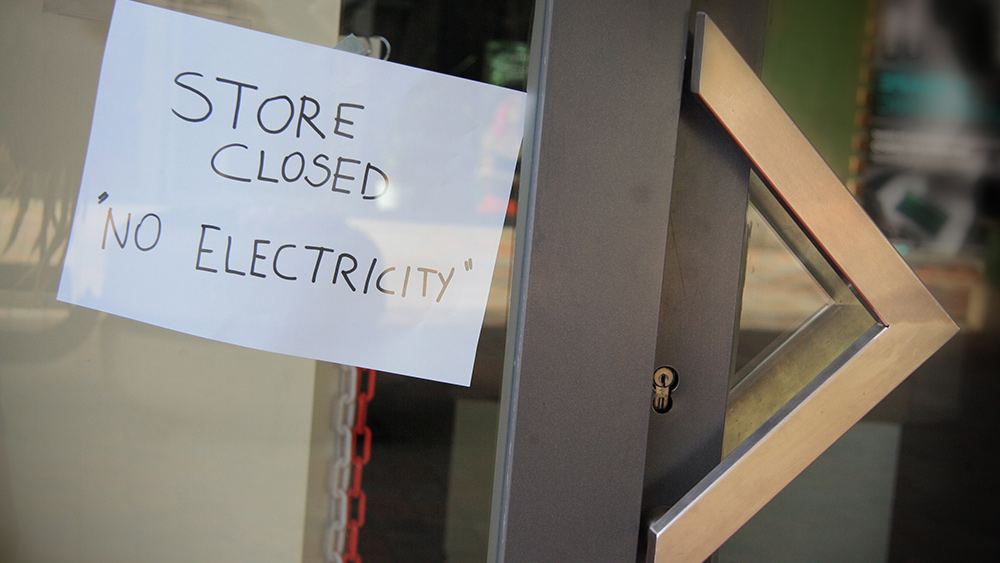
Experts have warned that the European Union's act of divesting itself of Russian oil and natural gas exports will result in the worst energy crisis the continent has ever experienced.
The latest data show that Russia has lost around 60 percent of its seaborne crude oil sales since February when the EU stopped purchasing Russian oil as part of the bloc's economic sanctions for the special military operation in Ukraine.
During the four weeks up to Oct. 7, Russia's seaborne crude oil shipments to Europe averaged just 630,000 barrels a day, down from an average of 1.62 million barrels a day before the beginning of the conflict in Ukraine.
An additional analysis conducted by David Fyfe, chief economist with research firm Argus Media, found that Russian gas supplies to the EU have dropped by 88 percent over the past year.
According to European Commission President Ursula von der Leyen, the goal of the EU is to "make the Kremlin pay" for the invasion of Ukraine. But this effort backfired as Russia was able to find more lucrative trading partners in Asia. (Related: European energy crisis is going to last a lot longer than just one winter, crucial analysis finds.)
Monica Malik, the chief economist for the Abu Dhabi Commercial Bank, warned in an energy security panel that the oil-producing Gulf States like Bahrain, Kuwait, Oman, Qatar, Saudi Arabia and the United Arab Emirates will not be able to increase their production to sufficient levels to replace Russian oil in Europe.
Putin blames Europe for energy crisis
In a statement during the plenary session of the Russian Energy Week International Forum in Moscow, President Vladimir Putin blamed Europe for its own energy crisis.
Putin said Moscow was not to blame for the continent's sky-high energy prices. He pointed out how the EU's drive to quickly replace all energy infrastructure with green and renewable energy led to underinvestment in oil and gas at a crucial time.
The Russian president said it is not too late for Europe to reopen its economic ties with Russia. He said gas could still be supplied to the EU, but it is up to the bloc whether or not it wants cheap and plentiful gas.
"The ball, as they say, is now in the European Union's court. Let them open the tap," said Putin.
"We do not limit anyone in anything," he added, noting that Moscow was ready to supply as much gas as Europe needs during the fall and the winter.
Discussing the sabotage of the Nord Stream pipelines, Putin said this will not hinder Russia. It can still transport gas to Europe through the one intact part of the Nord Stream 2 pipeline and by other means.
"We could move the lost volumes along the Nord Streams along the bottom of the Baltic Sea to the Black Sea region, and thus make the main routes for the supply of our fuel, our natural gas, to Europe through Turkey," said Putin.
Learn more about Europe's energy crisis at EnergySupply.news.
Watch this episode of "The Right Dissident" as host Dalton Clodfelter talks about how Europe's mass resource and energy shortages are bringing the continent back to the Dark Ages.
This video is from the High Hopes channel on Brighteon.com.
More related stories:
Refinery strikes and gas rationing: France's energy supply chain collapsing.
Germans rush to buy electric heaters as natural gas shortage looms.
Switzerland threatens residents who heat their homes this winter with jail time.
Sources include:
Please contact us for more information.




















